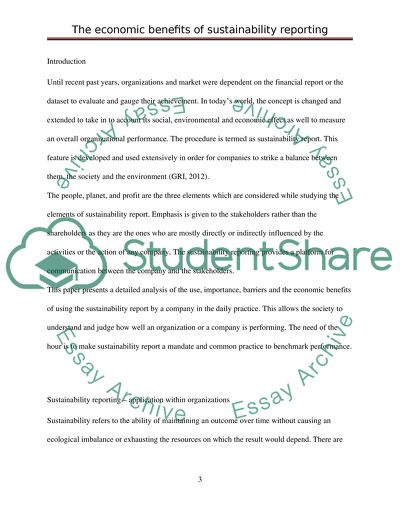Cite this document
(“The economic benefits of Sustainability Reports Dissertation”, n.d.)
Retrieved from https://studentshare.org/finance-accounting/1395432-the-economic-benefits-of-sustainability-reports
Retrieved from https://studentshare.org/finance-accounting/1395432-the-economic-benefits-of-sustainability-reports
(The Economic Benefits of Sustainability Reports Dissertation)
https://studentshare.org/finance-accounting/1395432-the-economic-benefits-of-sustainability-reports.
https://studentshare.org/finance-accounting/1395432-the-economic-benefits-of-sustainability-reports.
“The Economic Benefits of Sustainability Reports Dissertation”, n.d. https://studentshare.org/finance-accounting/1395432-the-economic-benefits-of-sustainability-reports.


